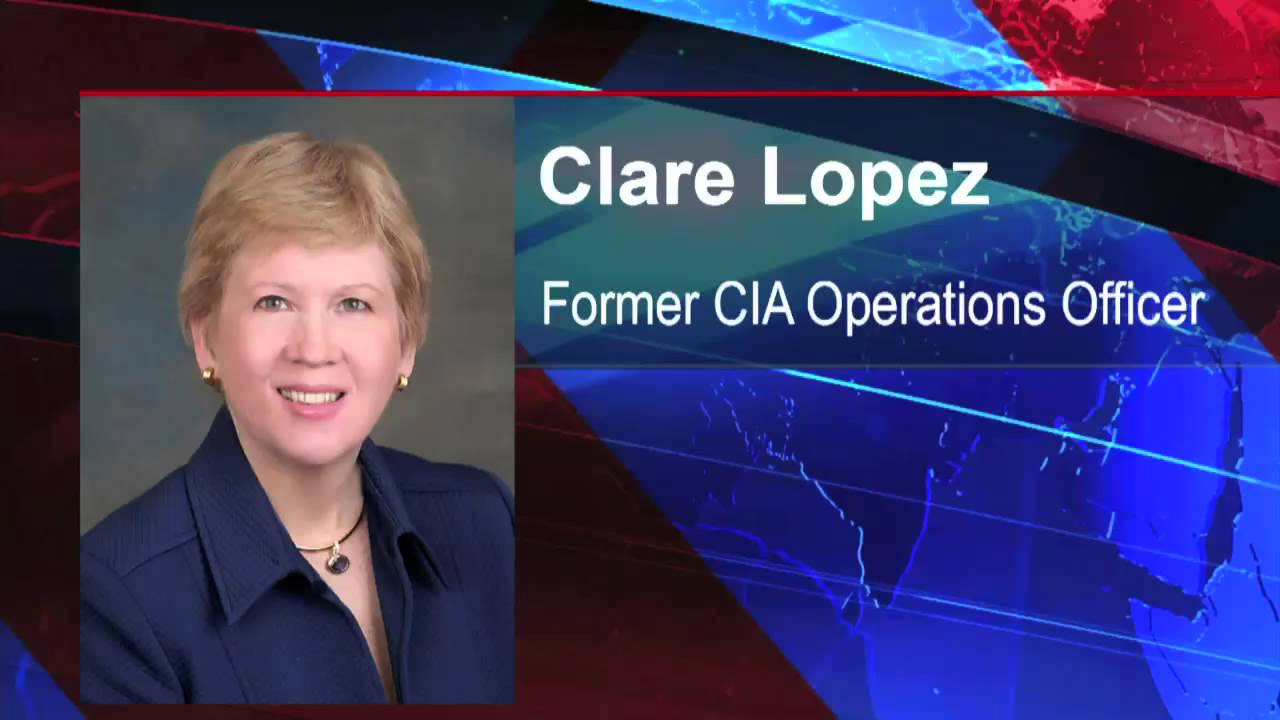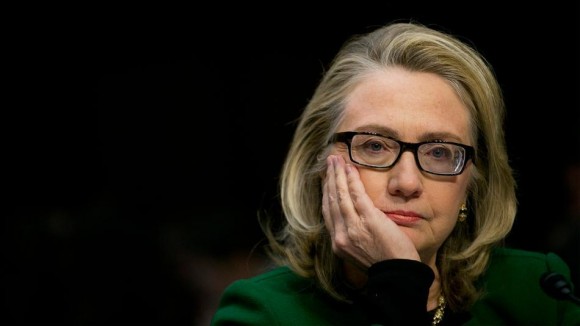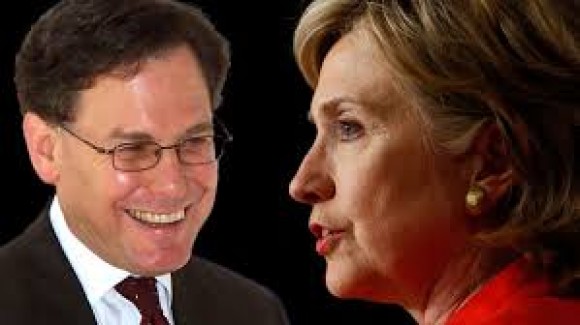Tag: Sid Blumenthal
Hillary Clinton’s Lies Are Starting to Catch Up with Her
By: Roger Aronoff Accuracy in Media The mainstream media appear eager to distract from the...
Read MoreWhy was Sid Blumenthal advising Hillary Clinton on Libya?
By: Kenneth R. Timmerman Accuracy in Media Exclusive to Accuracy in Media Until Rep. Trey Gowdy...
Read More
DONATE TO NOISYROOM.NET
IN MEMORIUM

My beloved husband,
GARRY HAMILTON,
passed away
on September 24th, 2022.
I will love you always.
LIBERTASBELLA.COM
TRAPPER PETTIT
on Kindle and in Paperback.
This is the novel that conservatives
have been dying for.
KEYWIKI.ORG
















